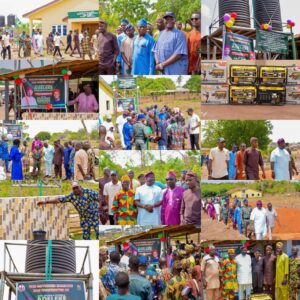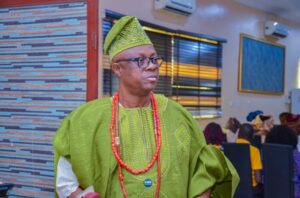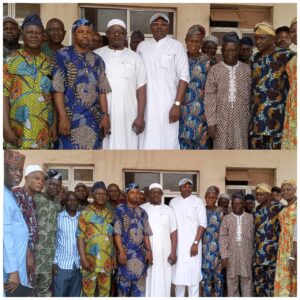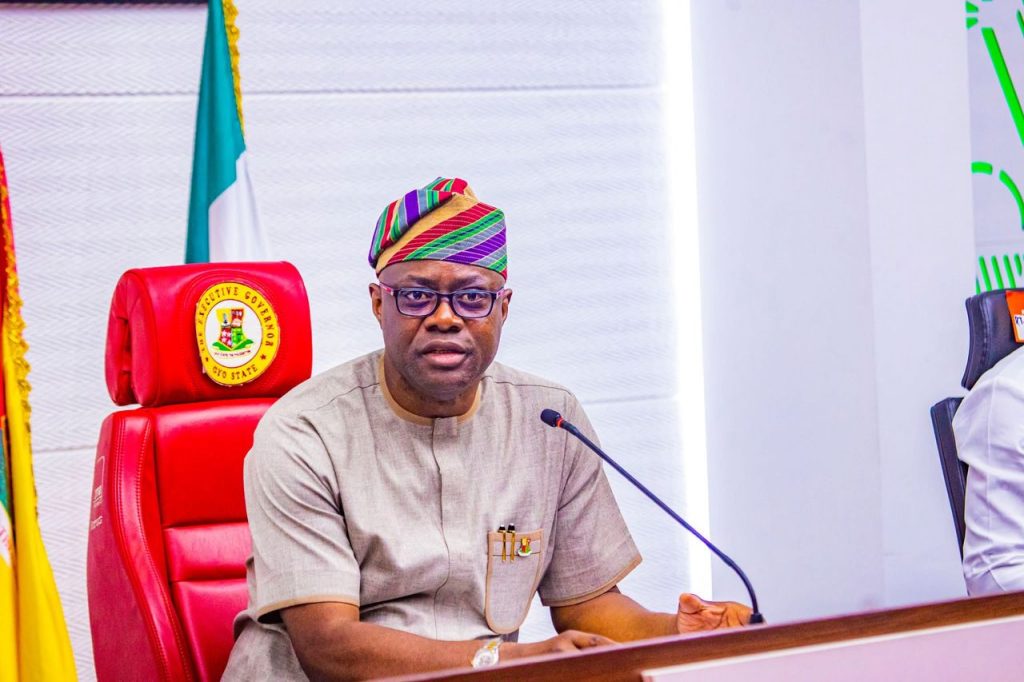
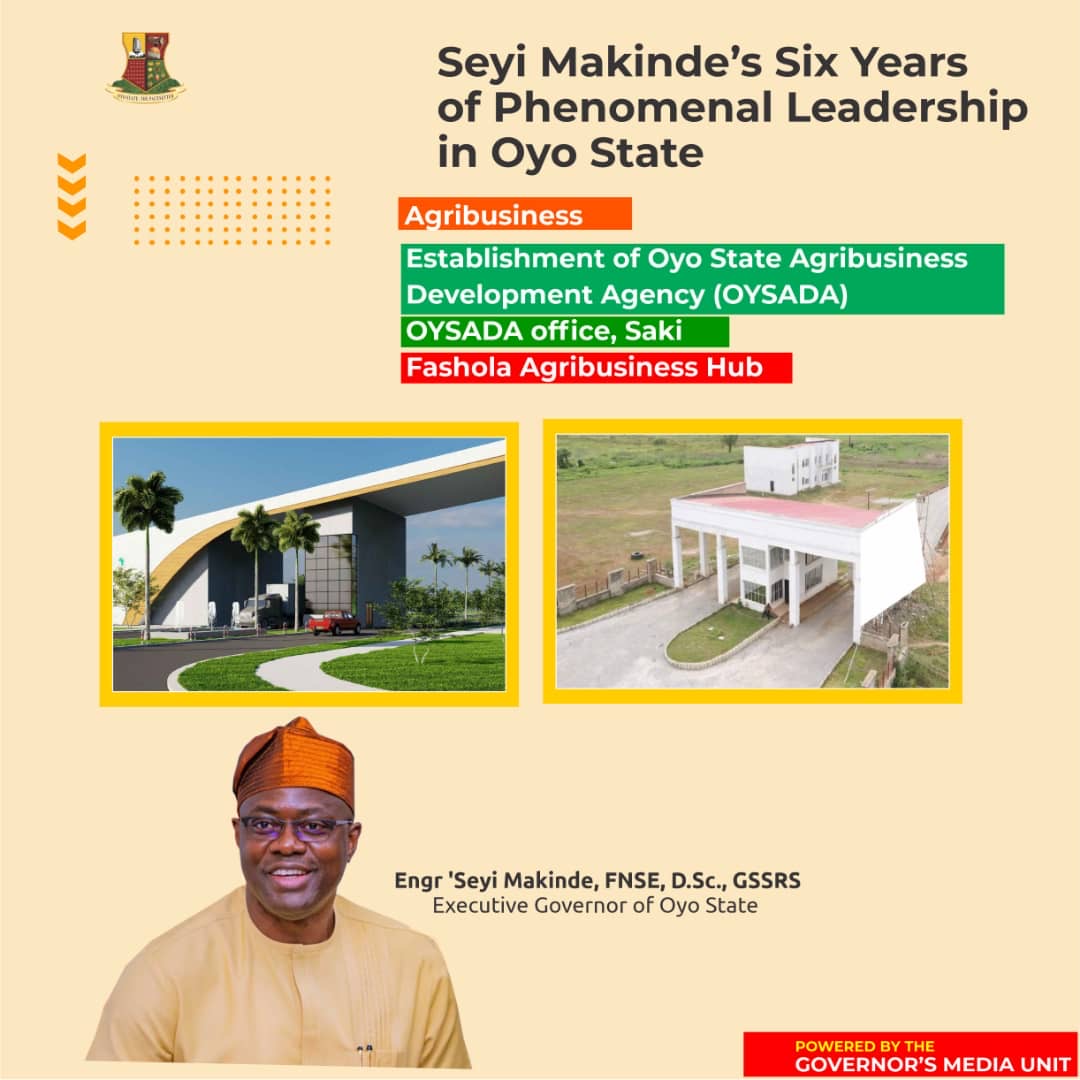
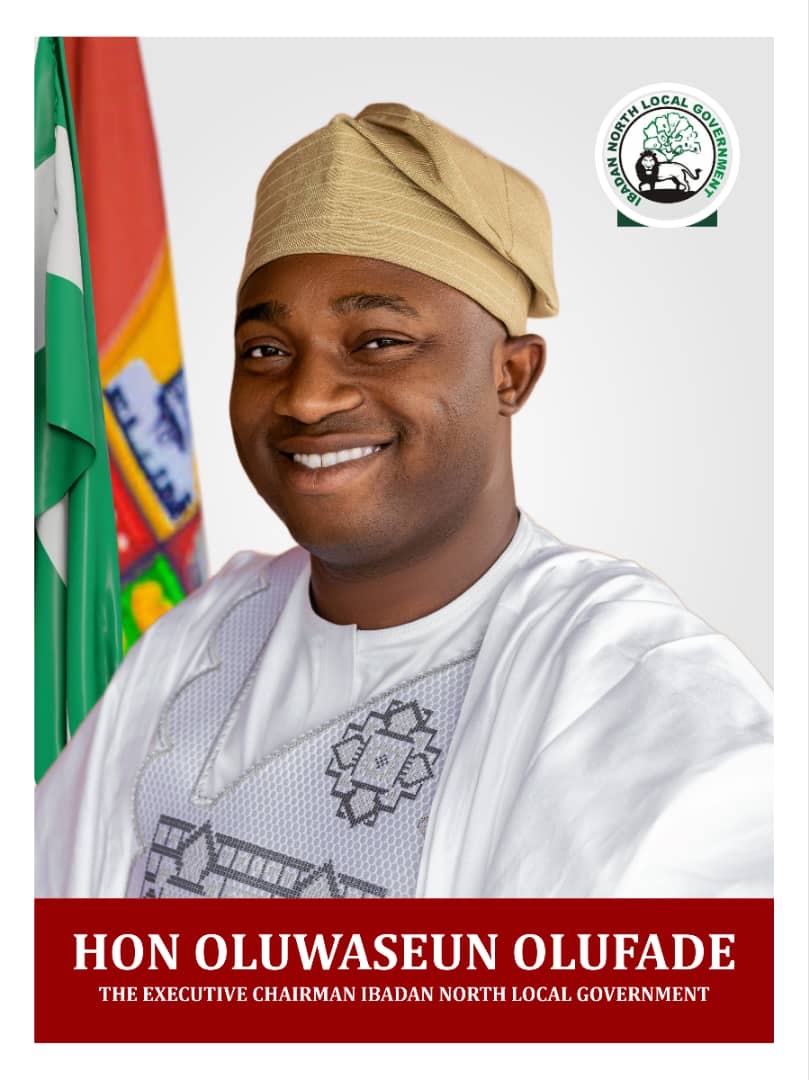

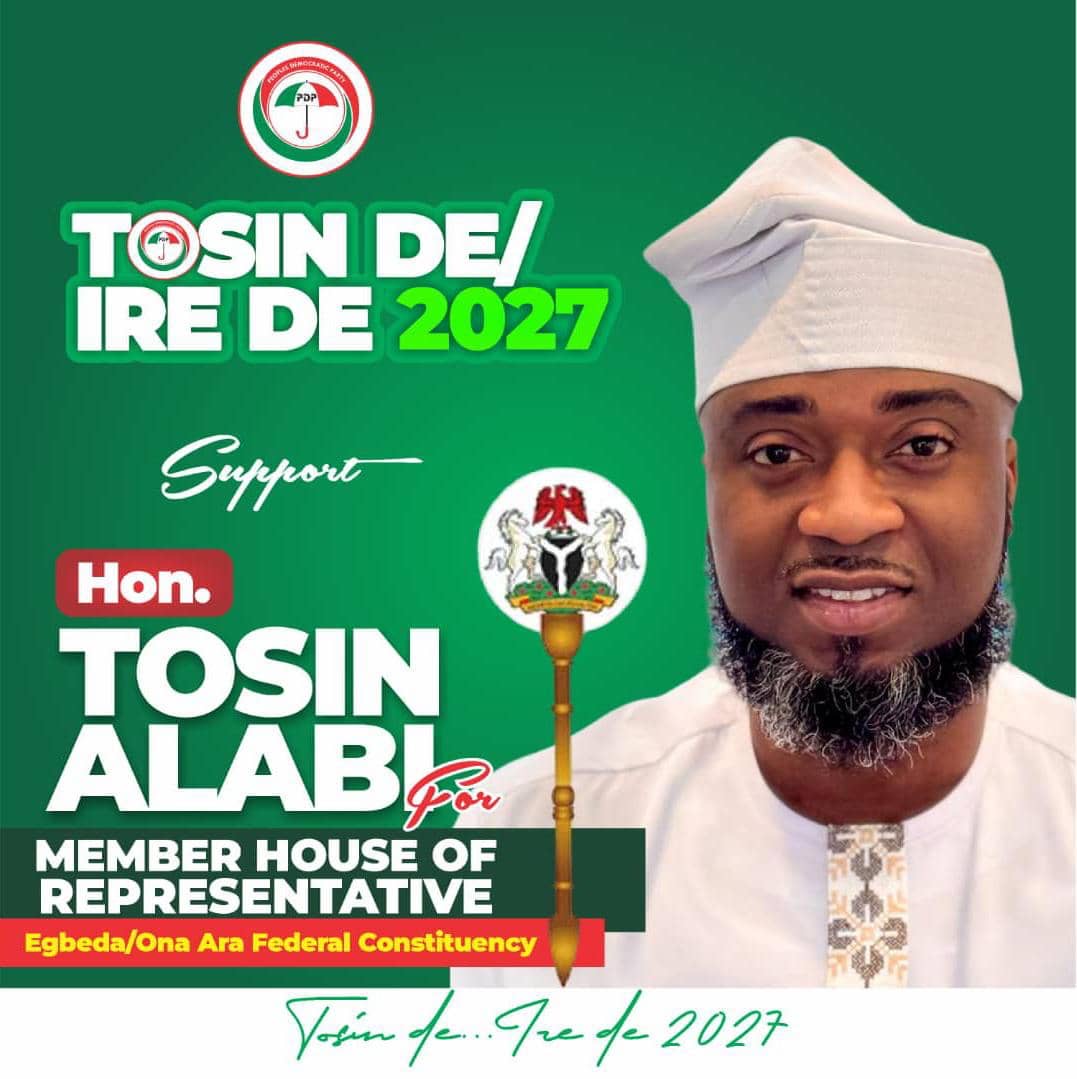

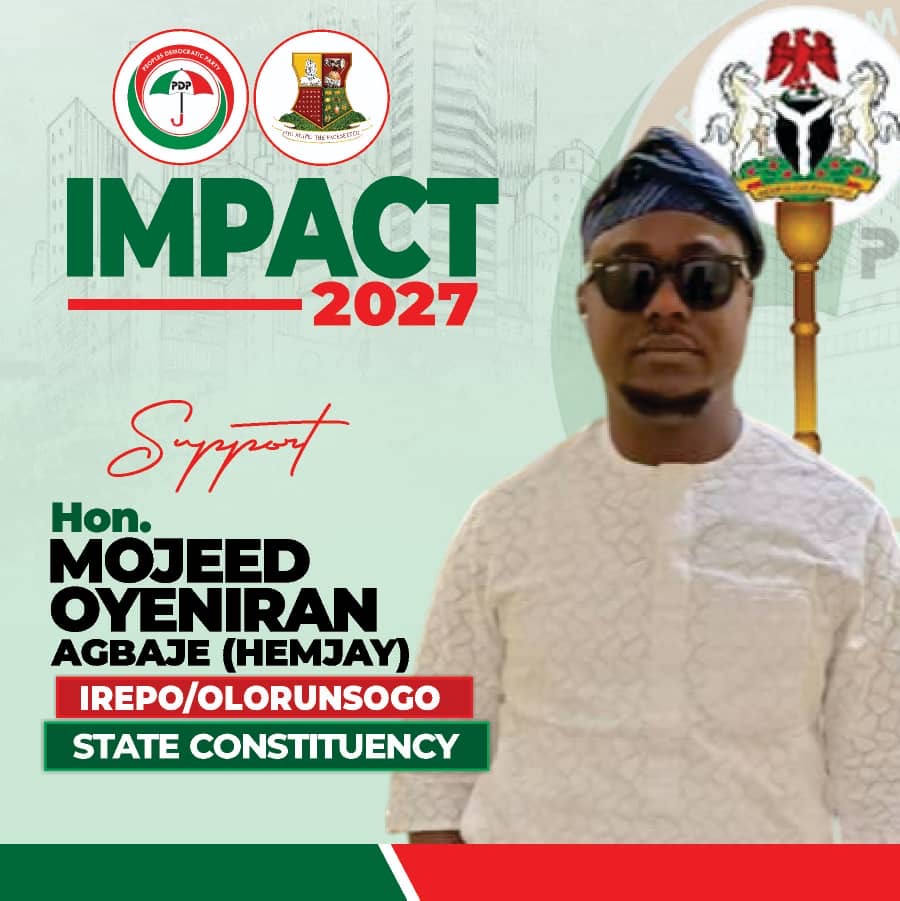
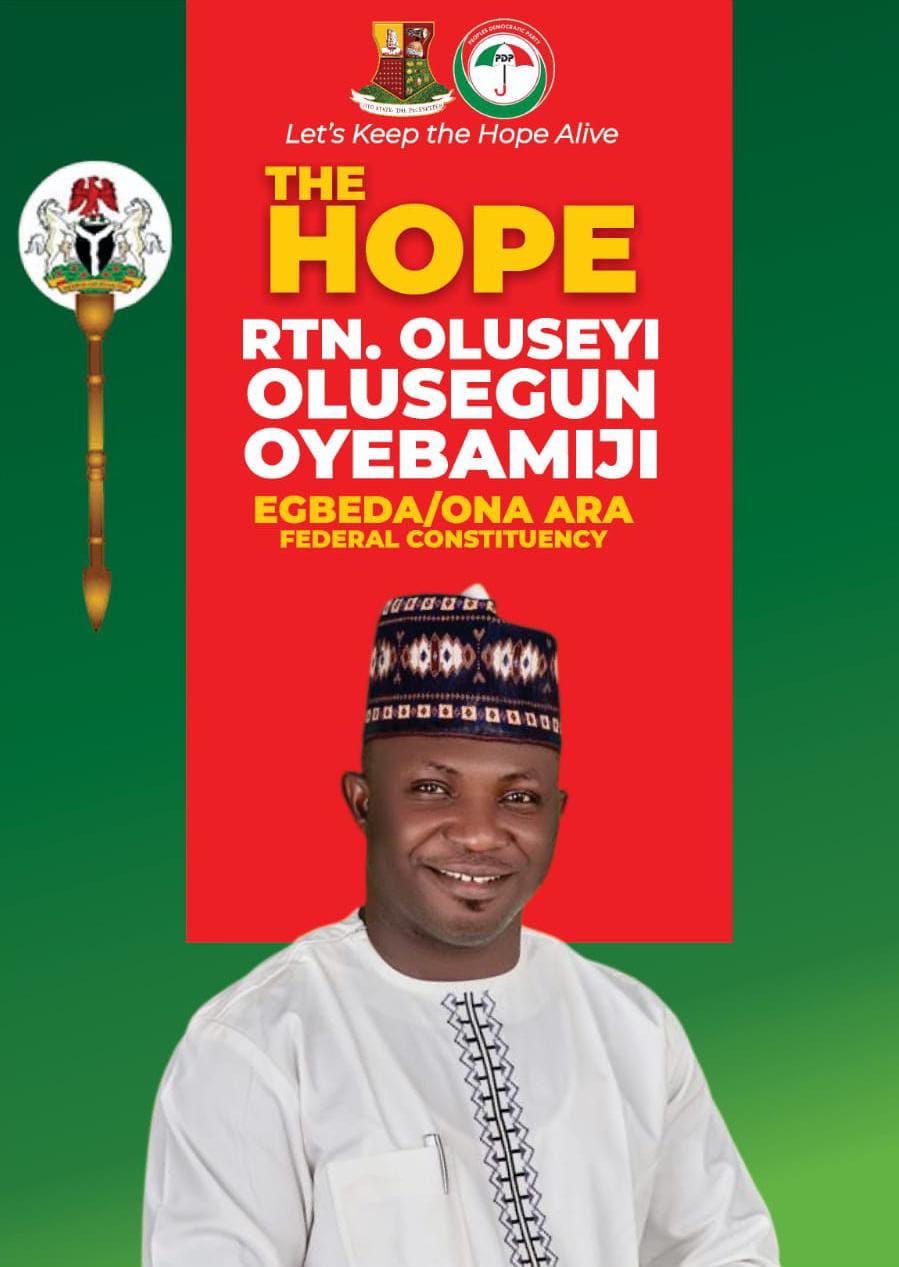
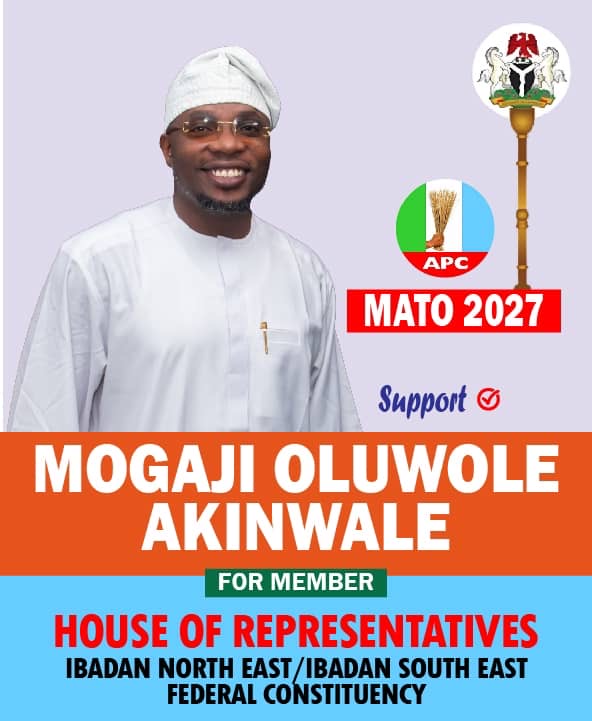
Governor Seyi Makinde recently declared, “I have the capacity to occupy the apex seat in the land,”—a statement that has not only ignited political conversations across Nigeria but also seems to have sent tremors through the ranks of the All Progressives Congress (APC) in Oyo State.
Why are the ruling party’s operatives rattled? Is this mere political noise, or do they see in Makinde a genuine threat to President Bola Ahmed Tinubu’s hold on power come 2027?
Makinde’s bold assertion is far from empty rhetoric.

It stems from a governance track record in Oyo State that has earned him both grassroots support and elite recognition.
Unlike many who declare presidential ambitions without a legacy to stand on, Makinde brings a blend of technocratic competence, political acumen, and mass appeal that could make him a formidable contender on the national stage.



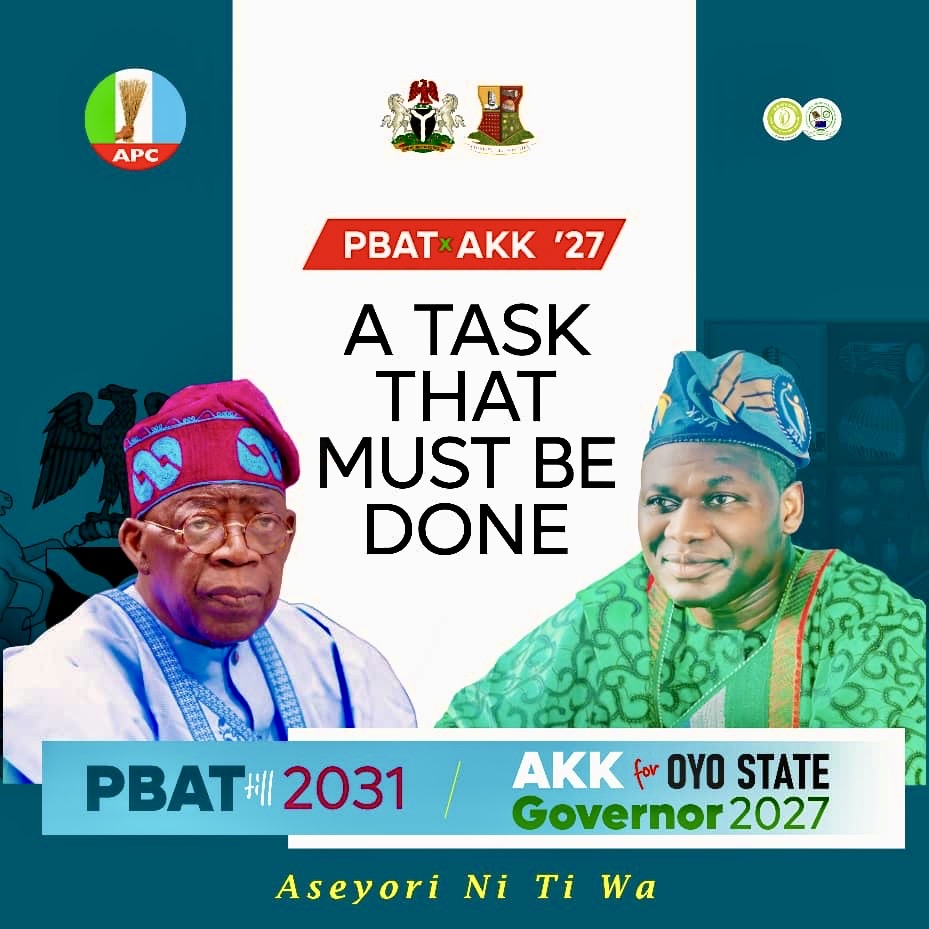

The response from the Oyo APC was not dismissive—it was defensive.
Their swift and seemingly jittery reaction suggests more than mere disagreement; it reflects a party that sees a potential juggernaut rising from its own regional backyard.
If they truly believed Makinde’s statement was inconsequential, why the coordinated rebuttals and subtle smear campaigns? The panic speaks volumes.
It’s no secret that President Bola Tinubu has his eyes on a second term.
But with rising economic hardship, internal party discontent, and growing opposition momentum, the road to 2027 may not be as smooth as once envisioned.
Makinde, with his youth appeal, cross-party credibility, and reformist image, represents the kind of opposition figure who could unify fragmented political blocs—especially if the tide turns against the status quo.
Makinde’s presidential hint isn’t just about personal ambition; it mirrors a shifting national mood.
Nigerians are increasingly weary of recycled leadership and are yearning for pragmatic, visionary leaders with tangible accomplishments.
If Makinde can sustain his performance in Oyo and amplify his message nationally, the 2027 race could become anything but predictable.
In conclusion, GSM’s declaration of readiness to lead Nigeria has done more than stir the political waters of Oyo—it has exposed the fragile confidence of a ruling class aware that public sentiment is shifting.
Whether or not Makinde becomes the face of a new political dawn will depend on how deftly he navigates the treacherous waters of national politics.
But one thing is certain: his voice is no longer regional. And for the APC—especially in Oyo—that’s a reality too loud to ignore.


